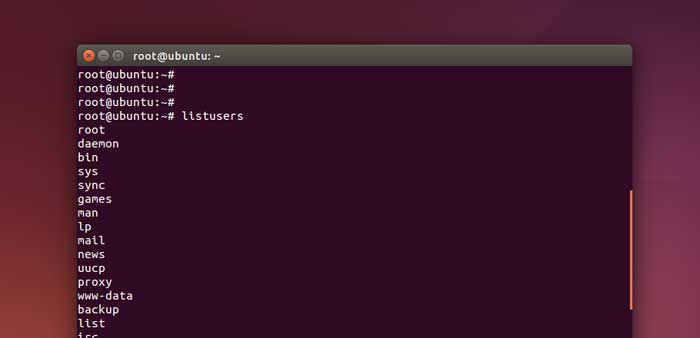

It offers a wide range of options for interacting with the system services like “start”, “enable”, “disable”, “start”, and “stop”. The “ systemctl” is the Debian-based command-line tool that can access and manage the “systemd” initialization system and service manager. This post provides deep insight into how to restart PostgreSQL in Ubuntu: The PostgreSQL server needs to be restarted after updating to its newer version for making it up to date, or in case its services are not working properly. It stores and manages the data in a way of building user-defined data types, custom functions, implementation of other programming languages, and many others. To quit, use Ctrl + X.On Linux, PostgreSQL is an open-source free database system that lies in the relational DBMS category. When the system comes back up, you’ll be running Ubuntu 20. When the Ubuntu upgrade does finish, reboot the system. Chances are, every package on the system will be upgraded. To save your changes in nano, use Ctrl + O followed by Enter. sudo apt update & sudo apt -y dist-upgrade. Unattended-Upgrade::Automatic-Reboot-Time " 02:38" Unattended-Upgrade::Automatic-Reboot " true" Unattended-Upgrade::Remove-Unused-Dependencies " true" Unattended-Upgrade::Remove-New-Unused-Dependencies " true" ↑ Ubuntu Server 18.04: You may have to add a semicolon at the end of this line. Unattended-Upgrade::Remove-Unused-Kernel-Packages " true" Recommended: remove unused kernel packages and dependencies and make sure the system automatically reboots if needed by uncommenting and adapting the following lines: sudo apt list -upgradable Output: The following updates are available for my system. sudo apt update First, let’s look at what are the updates available for your system. The most important: uncomment the “ updates” line by deleting the two slashes at the beginning of it: After the reboot, check again for the update to see if any updates are still pending to install.

To “enable” a line, remove the double slash at the beginning of the line (replace with nothing or with spaces to keep alignment). If, like me, you maintain several Ubuntu Linux systems, and you find yourself typing sudo apt update & sudo apt upgrade -y & sudo apt full-upgrade -y, this. Anything after a double slash “ //” is a comment and has no effect.


 0 kommentar(er)
0 kommentar(er)
